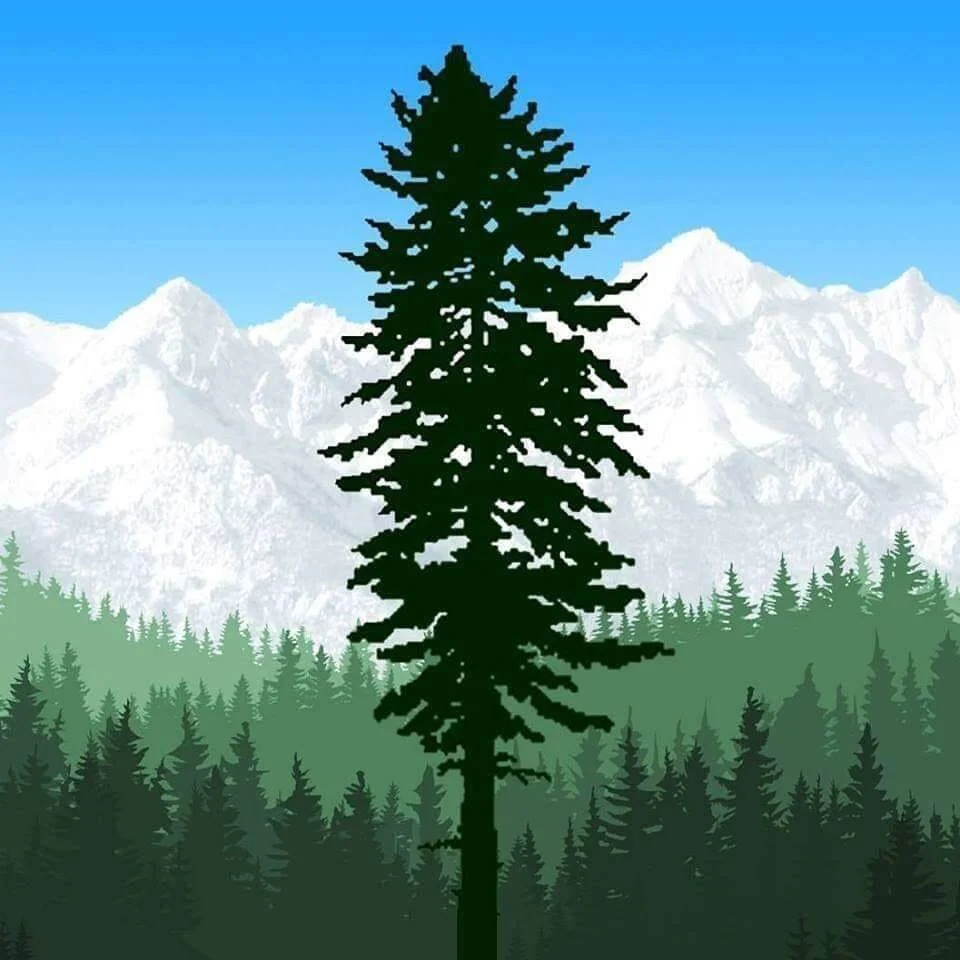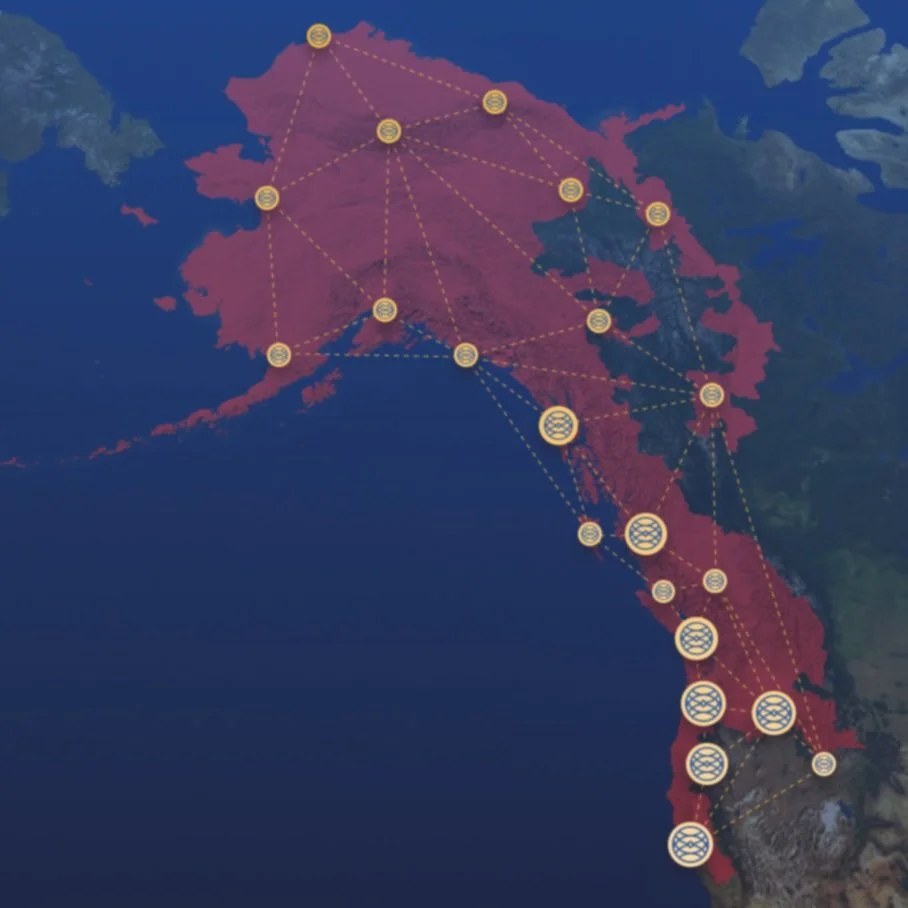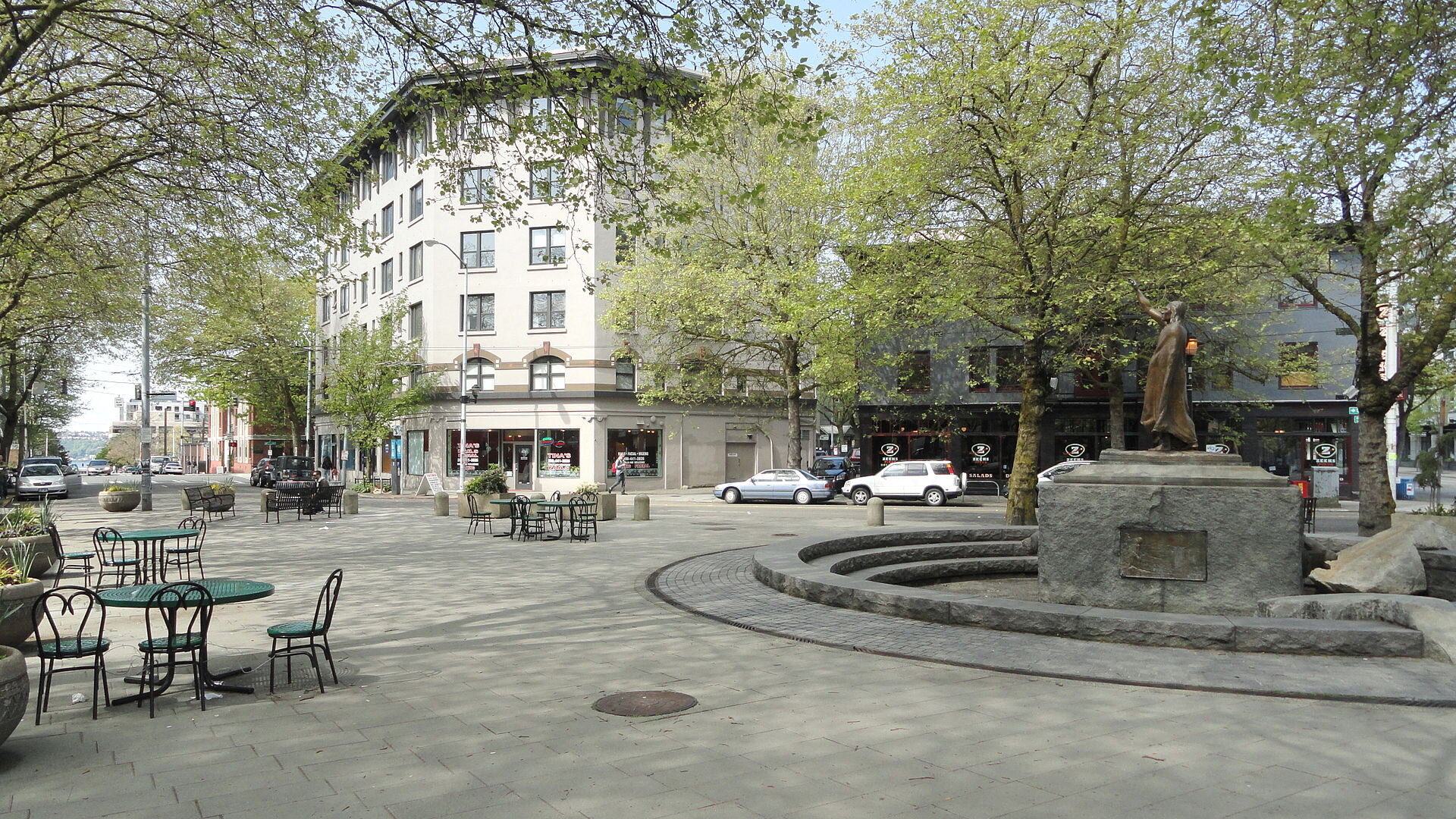Haida (X̱aat Kíl, X̱aadas Kíl, X̱aayda Kil, Xaad kil) is the language of the Haida people, spoken in the Haida Gwaii archipelago off the coast of British Columbia and on Prince of Wales Island in Alaska. An endangered language, Haida currently has 24 native speakers, though revitalization efforts are underway.
At the time of the European arrival at Haida Gwaii in 1774, it is estimated that Haida speakers numbered about 15,000. Epidemics soon led to a drastic reduction in the Haida population, which became limited to three villages: Masset, Skidegate, and Hydaburg. Positive attitudes towards assimilation combined with the ban on speaking Haida in residential schools led to a sharp decline in the use of the Haida language among the Haida people, and today almost all ethnic Haida use English to communicate.
Classification of the Haida language is a matter of controversy, with some linguists placing it in the Na-Dené language family and others arguing that it is a language isolate. Haida itself is split between Northern and Southern dialects, which differ primarily in phonology. The Northern Haida dialects have developed pharyngeal consonants, typologically uncommon sounds which are also found in some of the nearby Salishan and Wakashan languages.
The Haida sound system includes ejective consonants, glottalized sonorants, contrastive vowel length, and phonemic tone. The nature of tone differs between the dialects, and in Alaskan Haida it is primarily a pitch accent system. Syllabic laterals appear in all dialects of Haida, but are only phonemic in Skidegate Haida. Extra vowels which are not present in Haida words occur in nonsense words in Haida songs. There are a number of systems for writing Haida using the Latin alphabet, each of which represents the sounds of Haida differently.
While Haida has nouns and verbs, it does not have adjectives and has few true adpositions. English adjectives translate into verbs in Haida, for example 'láa "(to be) good", and English prepositional phrases are usually expressed with Haida "relational nouns", for instance Alaskan Haida dítkw 'side facing away from the beach, towards the woods'. Haida verbs are marked for tense, aspect, mood, and evidentiality, and person is marked by pronouns that are cliticized to the verb. Haida also has hundreds of classifiers. Haida has the rare direct-inverse word order type, where both SOV and OSV words orders occur depending on the "potency" of the subject and object of the verb. Haida also has obligatory possession, where certain types of nouns cannot stand alone and require a possessor.
Today most Haidas do not speak the Haida language. The language is listed as "critically endangered" in UNESCO's Atlas of the World's Languages in Danger, with nearly all speakers elderly. As of 2003, most speakers of Haida are between 70 and 80 years of age, though they speak a "considerably simplified" form of Haida, and comprehension of the language is mostly limited to persons above the age of 50. The language is rarely used even among the remaining speakers and comprehenders.
The Haida have a renewed interest in their traditional culture, and are now funding Haida language programs in schools in the three Haida communities, though these have been ineffectual. Haida classes are available in many Haida communities and can be taken at the University of Alaska Southeast in Juneau, Ketchikan, and Hydaburg. A Skidegate Haida language app is available for iPhone, based on a "bilingual dictionary and phrase collection comprised of words and phrases archived at the online Aboriginal language database FirstVoices.com."
In 2017 Kingulliit Productions began filming on SGaawaay K’uuna ("Edge of the Knife"), the first feature film to be acted entirely in dialects of the Haida language.









































